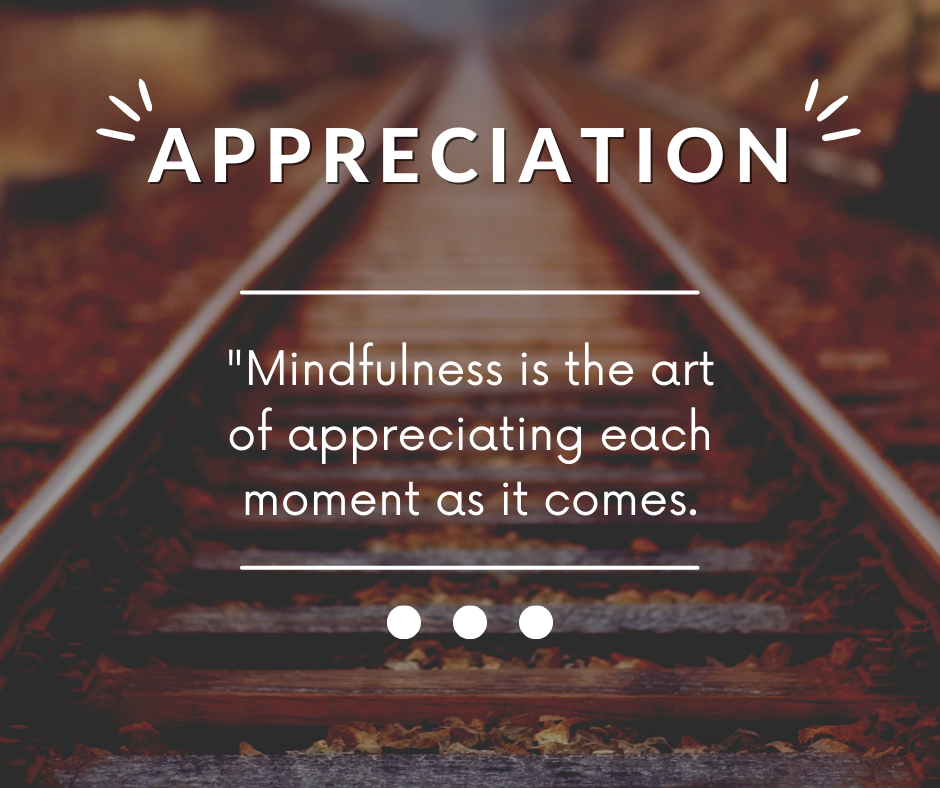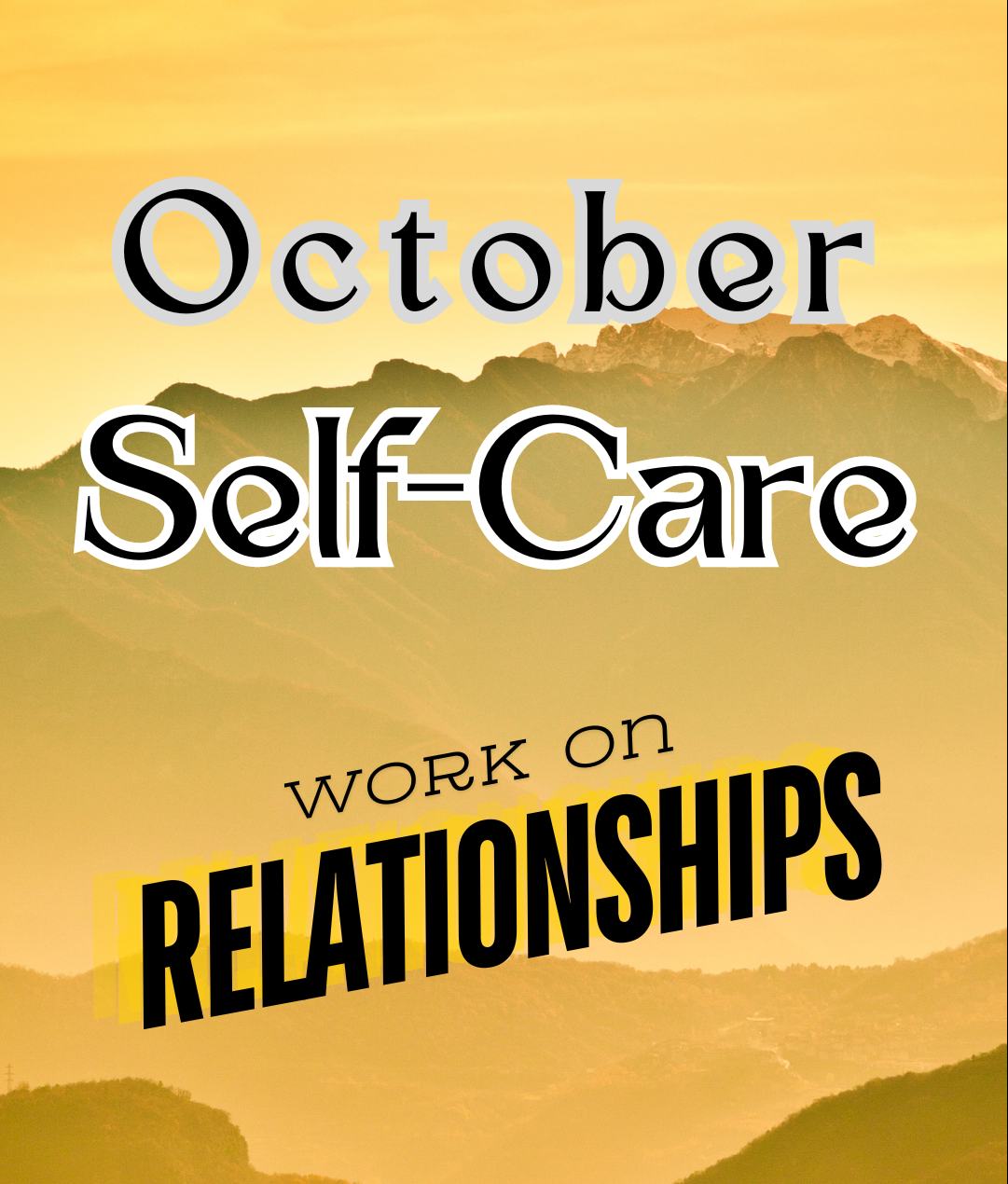
January Self-Care Tip: Get Your Sleep
A New Year, A Unified You: Embracing Unity Through the Power of Sleep
Welcome to a fresh start! As we step into this new year, many of us are setting resolutions and dreaming of ways to make life better for ourselves and our families. Let’s start this year by focusing on something simple, impactful, and often overlooked: sleep.
You might wonder how sleep ties into our theme of unity this month. The truth is, sleep isn’t just about recharging your body—it’s a vital part of creating harmony within yourself, your relationships, and your home. Let’s explore how developing healthy sleep habits can strengthen the virtue of unity in your life.
Unity Begins With You
Unity starts from within. Think of yourself as an intricate puzzle—your mind, body, and emotions are the pieces. Without adequate sleep, those pieces don’t quite fit together. You might feel irritable, scattered, or out of sync. A well-rested you, however, is a unified you. You think more clearly, handle stress better, and bring your best self to your family and work.
Practical Tip: Start with a simple change. Go to bed 30 minutes earlier tonight. Set a calming pre-sleep routine—dim the lights, put your phone away, and try deep breathing exercises.
Strengthening the Bonds With Your Partner
It’s no secret that sleep deprivation can lead to misunderstandings and conflicts. A lack of rest leaves both parents operating on a short fuse, making small irritations feel monumental. When both partners prioritize sleep, there’s space for better communication, more patience, and deeper connection.
Practical Tip: Make a “sleep pact” with your partner. Commit to supporting each other’s rest by sharing nighttime responsibilities or establishing a no-screens rule in the bedroom.
Creating a Restful Family Rhythm
A family that sleeps together, thrives together. Well, not literally in the same bed (we all need our space!), but when the whole family values rest, it sets the stage for harmony. Kids learn by watching you—when they see you prioritizing sleep as an essential part of self-care, they’re more likely to follow suit.
Practical Tip: Build a family bedtime routine. Try winding down together with a shared activity, like reading a bedtime story or discussing one thing you’re grateful for that day.
Sleep as a Foundation for Unity
When everyone in your family is well-rested, the benefits ripple outward. You’re less likely to snap at your child for spilling their cereal or feel overwhelmed by a minor hiccup in the day. Instead, you approach challenges with patience and understanding. This shared sense of calm strengthens unity within your family and fosters a sense of teamwork and togetherness.
Practical Tip: Be mindful of consistency. Set and stick to regular bedtimes, even on weekends, to keep everyone’s internal clocks in sync.
A Year of Self-Care, One Habit at a Time
This month, let sleep be the starting point for a year of intentional self-care. Each month, we’ll explore another habit to deepen your sense of balance and unity. By focusing on one habit at a time, you’re more likely to create lasting change.
Let’s Take the First Step Together
Tonight, commit to prioritizing sleep for yourself and your family. Light a candle, put on your comfy pajamas, and let your body and mind rest. Tomorrow, you’ll wake up feeling more aligned with yourself and ready to approach the day with unity.
Reflection Question: What’s one small adjustment you can make this week to improve your sleep routine? Whether it’s going to bed earlier, limiting caffeine, or creating a more restful bedroom environment, start small and build from there.
Here’s to a year of restful nights and harmonious days. Get our newsletter for more practical weekly tips on creating successful families, starting with self-care, building on our relationships, and parenting our children.
Joe is a husband, father, grandfather, author, speaker, educator, course creator, and parent/family coach.
He helps parents develop unity, find clarity, communicate, and develop consistency in their parenting with the Four C’s of Successful Families. You can find his work on social media.
In addition, the Four C’s newsletter is enjoyed by many as it encourages parents to self-care, build their relationships with their partners, and raise their children.
And he loves to golf!









